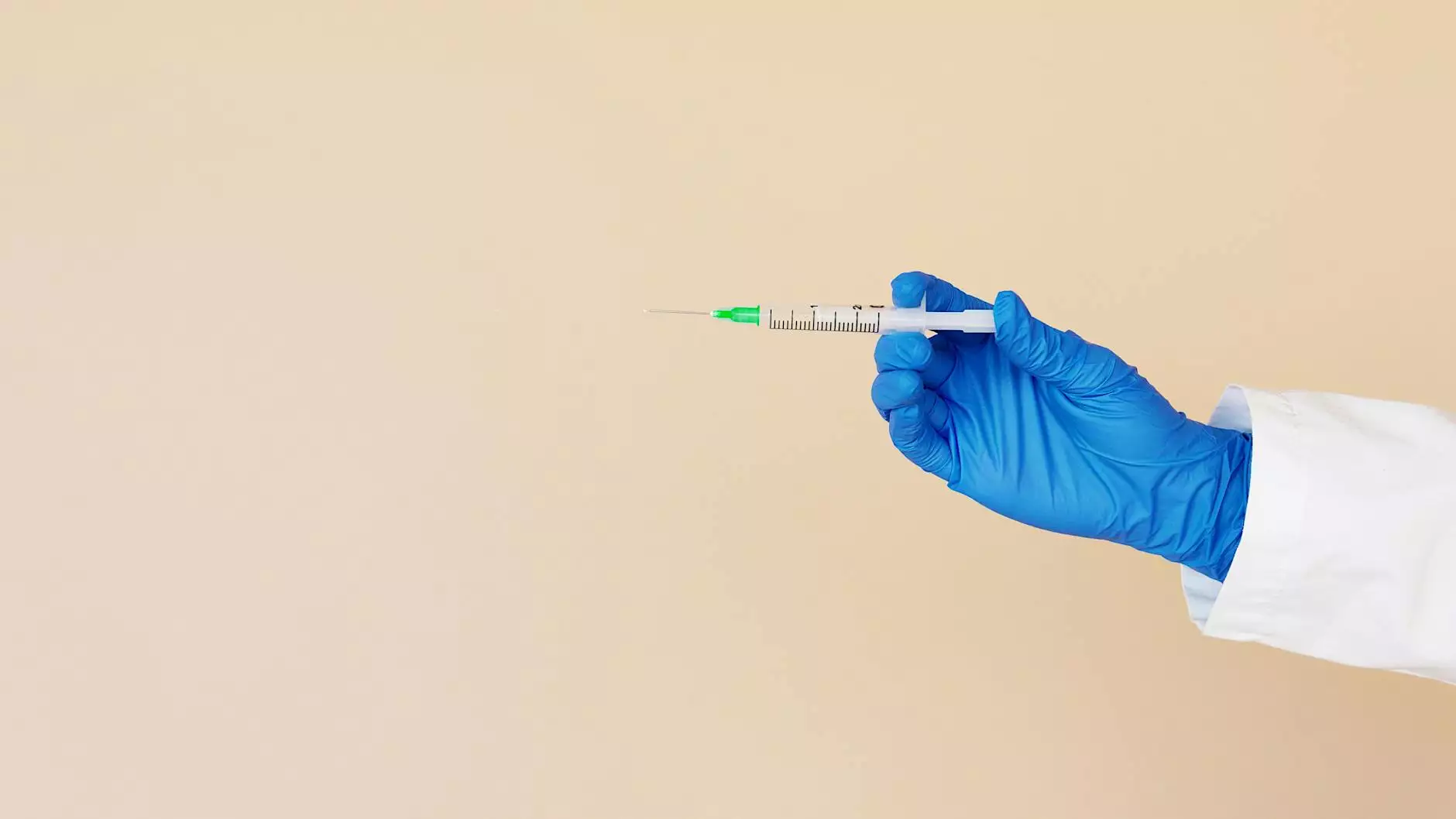Comprehensive Insights into Stomach Cancer Treatments

Stomach cancer, also known as gastric cancer, is a significant health concern worldwide, necessitating an understanding of effective treatment options. This article dives deep into the various stomach cancer treatments, elaborating on traditional methods and emerging therapies that pave the way for innovative care.
Understanding Stomach Cancer
Before delving into the treatments, it is crucial to understand what stomach cancer is. This type of cancer develops from the lining of the stomach and can spread to other parts of the body if not managed early. Risk factors include:
- Age: Most common in individuals over 50.
- Gender: Men are more likely to develop stomach cancer than women.
- Diet: A diet high in smoked and salted foods may increase risk.
- Smoking: Tobacco use is a significant risk factor.
- Family History: Genetic predisposition can play a role.
Traditional Treatment Methods for Stomach Cancer
The treatment of stomach cancer typically involves a combination of surgery, chemotherapy, and radiation therapy. Each of these treatments serves a different purpose and is often tailored to the individual patient's needs.
Surgery
Surgery is one of the primary stomach cancer treatments. There are different types of surgical procedures:
- Partial Gastrectomy: Involves removing a portion of the stomach along with some surrounding tissues.
- Total Gastrectomy: This procedure removes the entire stomach and connects the esophagus directly to the small intestine.
- Palliative Surgery: Designed to relieve symptoms and improve quality of life rather than cure the disease.
Chemotherapy
Chemotherapy uses drugs to kill cancer cells or stop their growth. It can be administered before surgery (neoadjuvant) to shrink tumors or after surgery (adjuvant) to eliminate remaining cancer cells. Key points about chemotherapy include:
- Commonly used regimens include combinations of drugs such as fluorouracil (5-FU) and capecitabine.
- Side effects can include nausea, hair loss, and fatigue, which should be managed proactively.
- Research shows that personalized chemotherapy plans can increase effectiveness.
Radiation Therapy
Radiation therapy uses high-energy rays to target cancer cells. While not typically the primary treatment for stomach cancer, it can be beneficial in specific situations:
- Often used post-operatively to eliminate leftover cancer cells.
- Can be applied to relieve symptoms in advanced stages of stomach cancer.
- Advanced techniques such as Intensity-Modulated Radiation Therapy (IMRT) help tailor radiation doses to minimize damage to surrounding tissues.
Innovative and Emerging Treatments
As research continues, new treatment modalities are continually being developed and tested. Here are some of the most promising advancements in the treatment of stomach cancer:
Targeted Therapy
Targeted therapy focuses on specific molecular targets associated with cancer. These treatments often yield fewer side effects compared to traditional chemotherapy. Some examples include:
- HER2-targeted therapies: Such as trastuzumab, are used for stomach cancers expressing the HER2 protein.
- VEGF inhibitors: Such as ramucirumab, which targets blood vessels to inhibit tumor growth.
Immunotherapy
Immunotherapy works by boosting the body's immune system to fight cancer. It is an exciting field with several potential applications in stomach cancer:
- Checkpoint inhibitors: Such as pembrolizumab, which help the immune system recognize and attack cancer cells.
- CAR T-cell therapy: This treatment involves modifying the patient’s T cells to enhance their cancer-fighting abilities.
Clinical Trials
Participating in clinical trials can provide access to cutting-edge treatments that are not widely available. Patients should consider exploring ongoing trials as part of their treatment options. Key considerations include:
- Clinical trials may offer new therapies that show promise in treating stomach cancer.
- Eligibility criteria varies, and participation may involve additional assessments.
- Discussing with healthcare providers can help determine if a clinical trial is appropriate.
Lifestyle and Supportive Care
Along with conventional treatments, supportive care and lifestyle modifications play a critical role in managing stomach cancer. Here are several recommendations:
Nutrition
Proper nutrition is vital for maintaining strength and health during cancer treatment. Recommendations include:
- Consuming a balanced diet rich in fruits, vegetables, whole grains, and lean proteins.
- Staying hydrated to manage medication side effects.
- Avoiding hard-to-digest foods that can exacerbate symptoms.
Emotional and Psychological Support
Managing the emotional toll of a stomach cancer diagnosis and its treatments is essential. Support options include:
- Joining support groups to connect with others facing similar challenges.
- Counseling or therapy to address anxiety and depression related to the diagnosis.
- Mindfulness and relaxation techniques to enhance mental well-being.
Conclusion
Understanding stomach cancer treatments is fundamental for patients and their families as they navigate this challenging diagnosis. From surgery and chemotherapy to promising advancements in targeted therapies and immunotherapy, there are numerous options that offer hope and support. Engaging in discussions with healthcare providers and staying informed through credible sources can empower patients to make informed decisions regarding their care.
At Oncological Surgery, we are committed to providing valuable information and support to those affected by stomach cancer, ensuring that patients have access to the latest research, treatment options, and compassionate care.









